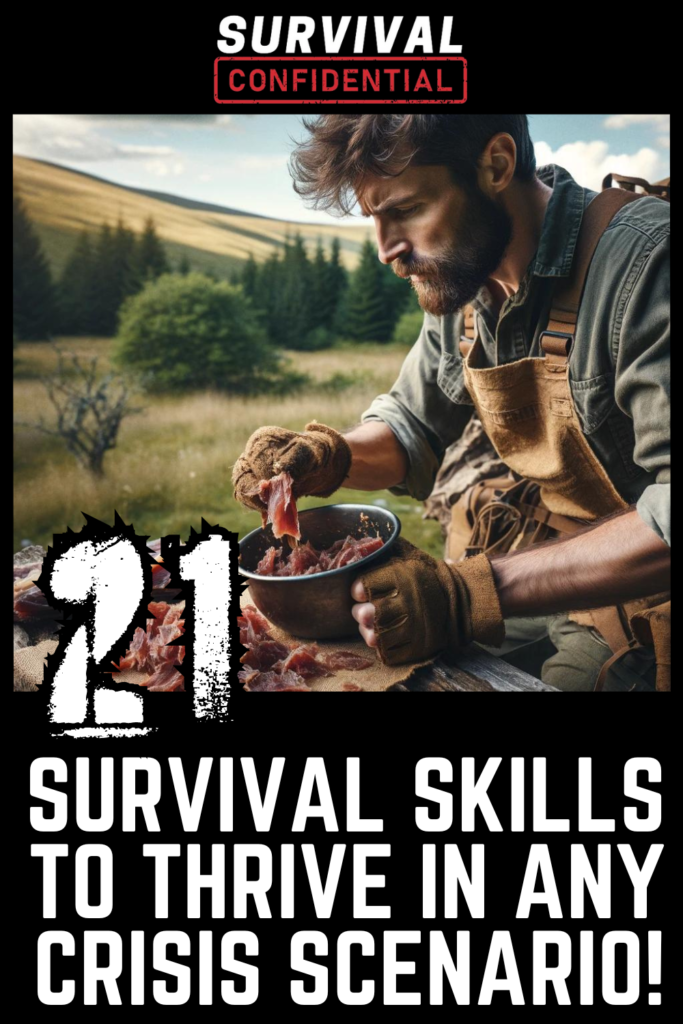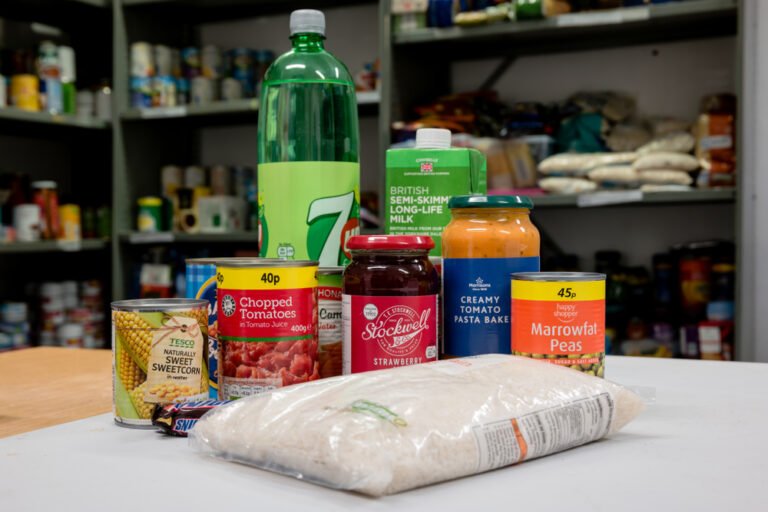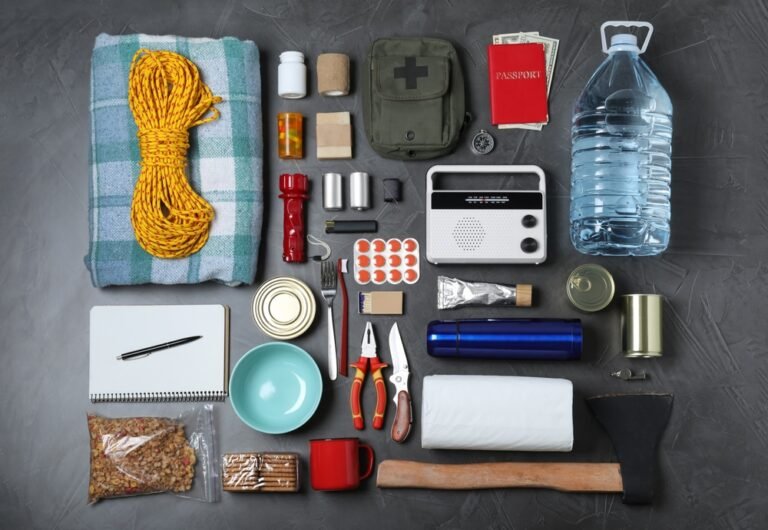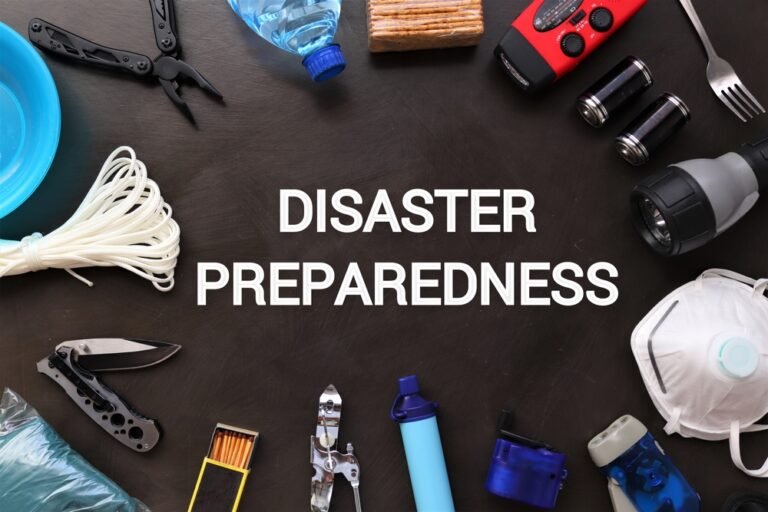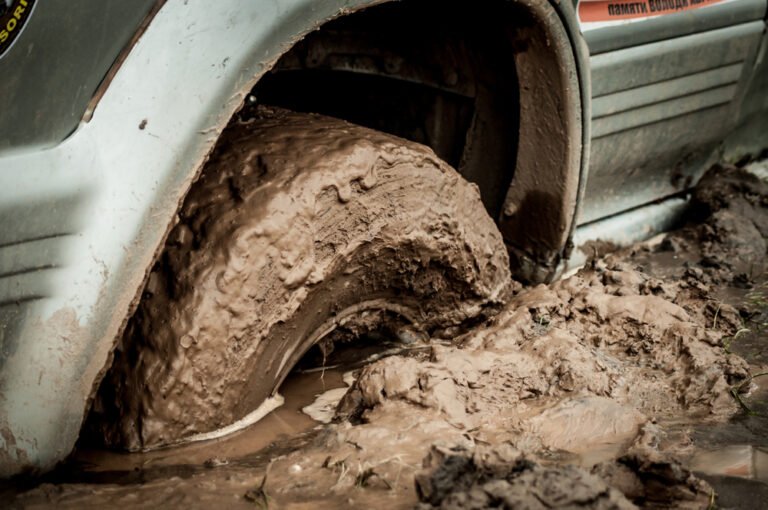Master These 21 Survival Skills to Thrive in Any Crisis Scenario!
Introduction to Survival Skills
As an expert in survival skills, I’ve come to understand the critical importance of being prepared for any emergency. Survival skills aren’t just for adventurers; they are essential for everyone. In this guide, I will take you through 21 essential survival skills that could save your life in an emergency.
Understanding the Basics
The Importance of Mental Preparedness
Survival starts in the mind. Staying calm, making informed decisions, and adapting to changing situations are pivotal in survival scenarios.
Physical Fitness for Survival
Physical endurance and strength are vital. Regular exercise and maintaining fitness can be life-saving in physically demanding situations.
Fundamental Skills for Survival
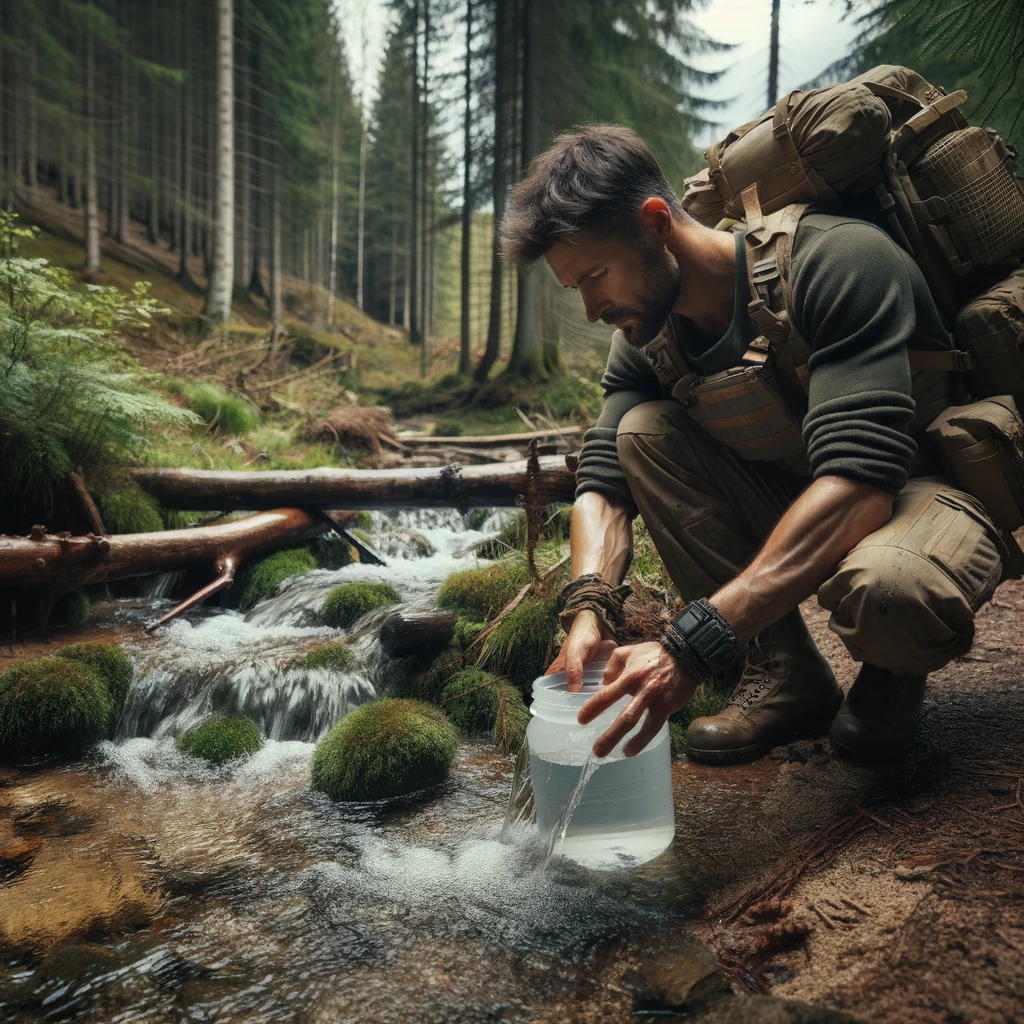
Finding and Purifying Water
Water is life. Knowing how to locate, collect, and purify water is essential for survival.
Basic First Aid
Injuries can happen. Understanding basic first aid can prevent complications and save lives.
Signaling for Help
Being able to signal for help effectively increases the chances of rescue.
Food Procurement and Management

Identifying Edible Plants
Knowledge of local flora can provide crucial nutrition when food supplies are low.
Basic Hunting and Fishing Techniques
Understanding basic techniques for hunting and fishing can secure a food source in the wild.
Food Preservation in the Wild
Learning how to preserve food can prevent spoilage and extend food resources.
Shelter and Warmth
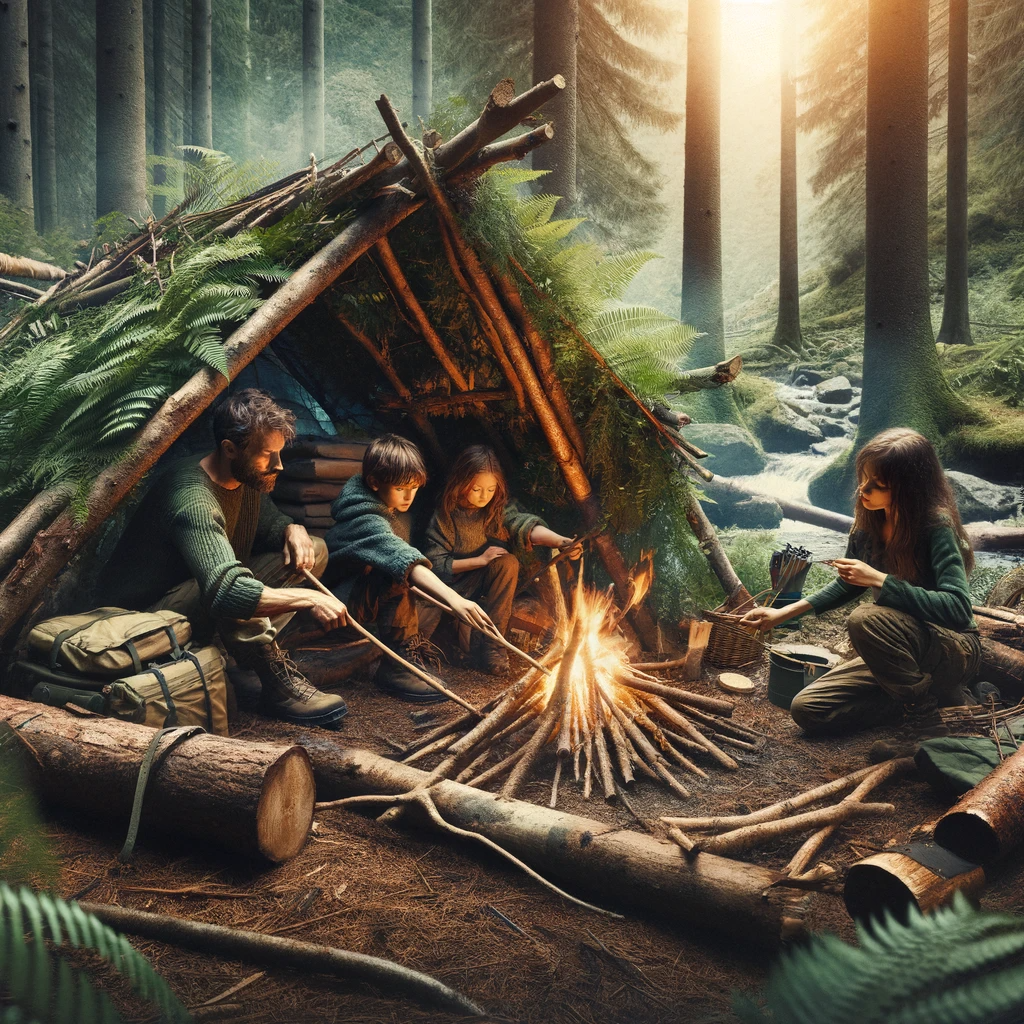
Constructing Temporary Shelters
A shelter protects from the elements. Knowing how to build one is critical for survival.
Building and Managing Fire
Fire provides warmth, cooks food, and can signal for help. Mastery of fire-making is a must-have skill.
Navigation and Orientation
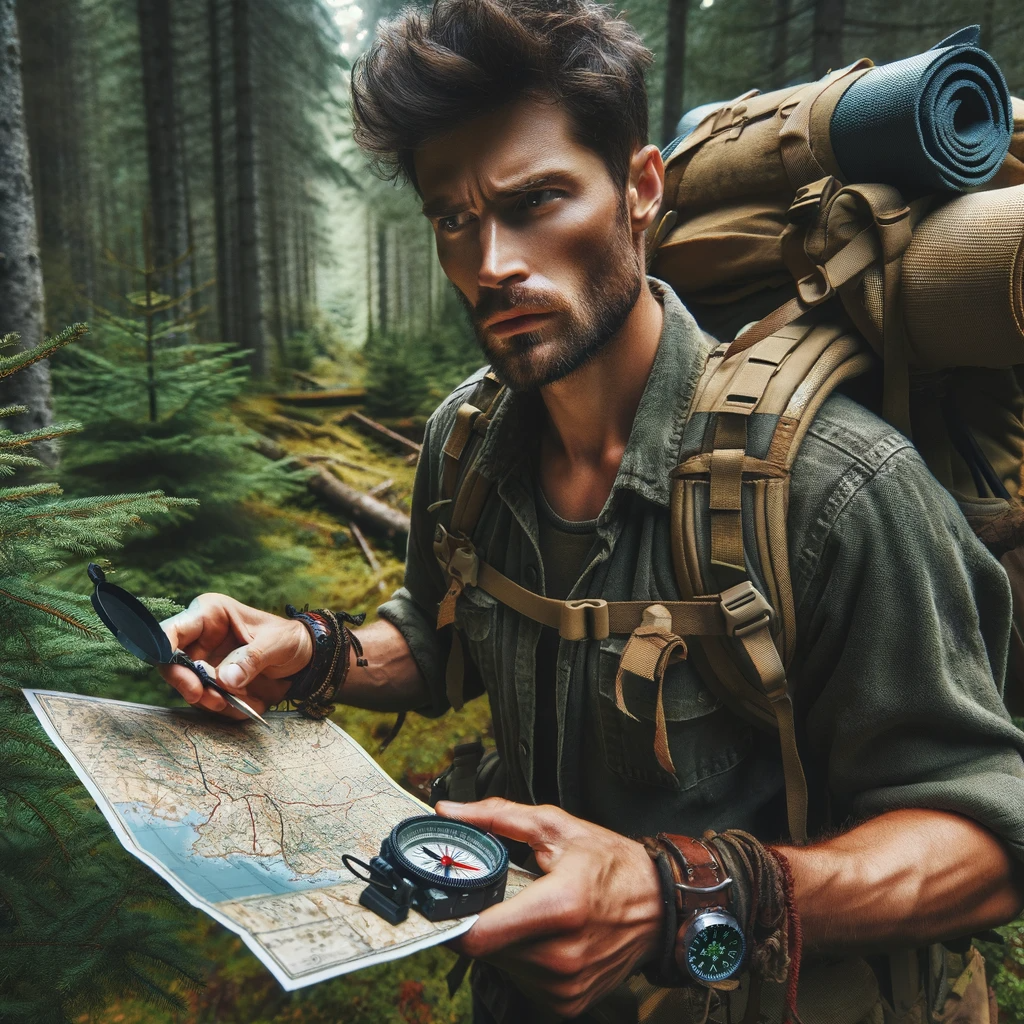
Reading the Natural Environment
Observing the natural environment can provide clues for direction and resources.
Using Maps and Compasses
Navigational tools like maps and compasses are invaluable for finding your way in unfamiliar territories.
Handling Extreme Conditions

Surviving in Cold Climates
Cold environments pose unique challenges. Knowing how to stay warm and avoid hypothermia is crucial.
Enduring Hot Environments
In hot climates, staying hydrated and avoiding heatstroke are key survival strategies.
Self-Defense and Safety
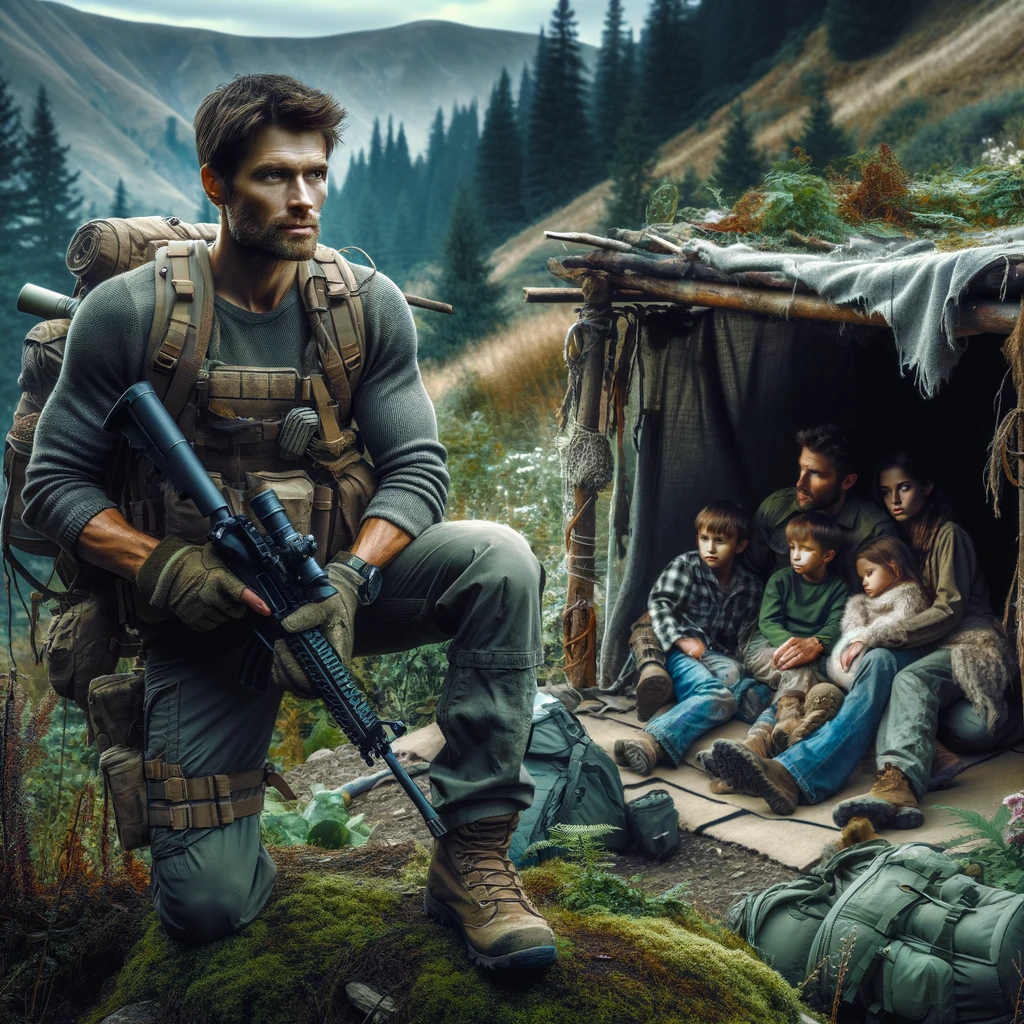
Basic Self-Defense Techniques
In dangerous situations, basic self-defense skills can provide safety and security.
Recognizing and Avoiding Danger
Awareness and avoidance of potential dangers can prevent life-threatening situations.
Psychological Endurance
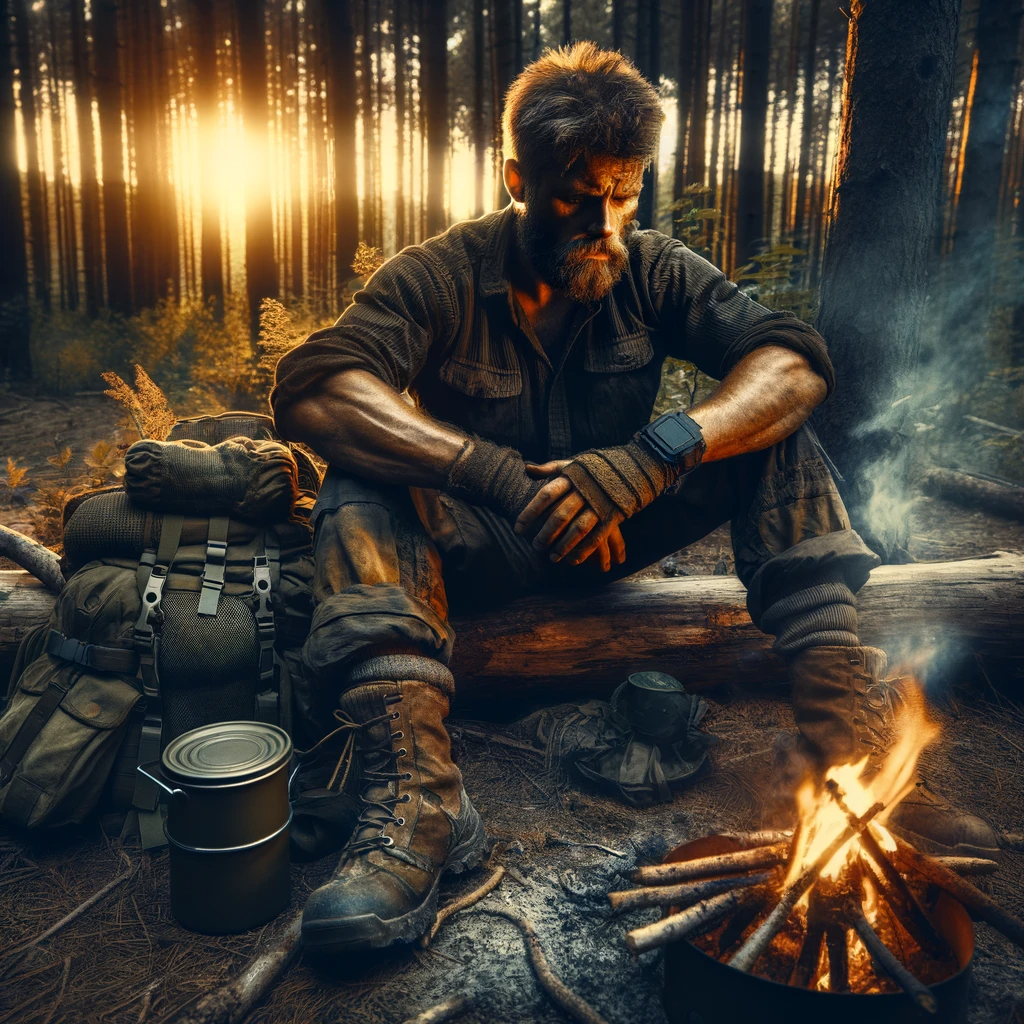
Stress Management in Survival Situations
Managing stress is vital for maintaining clear judgment and resilience.
Maintaining Hope and Morale
Keeping a positive attitude and hope can be the difference between giving up and surviving.
Advanced Survival Techniques
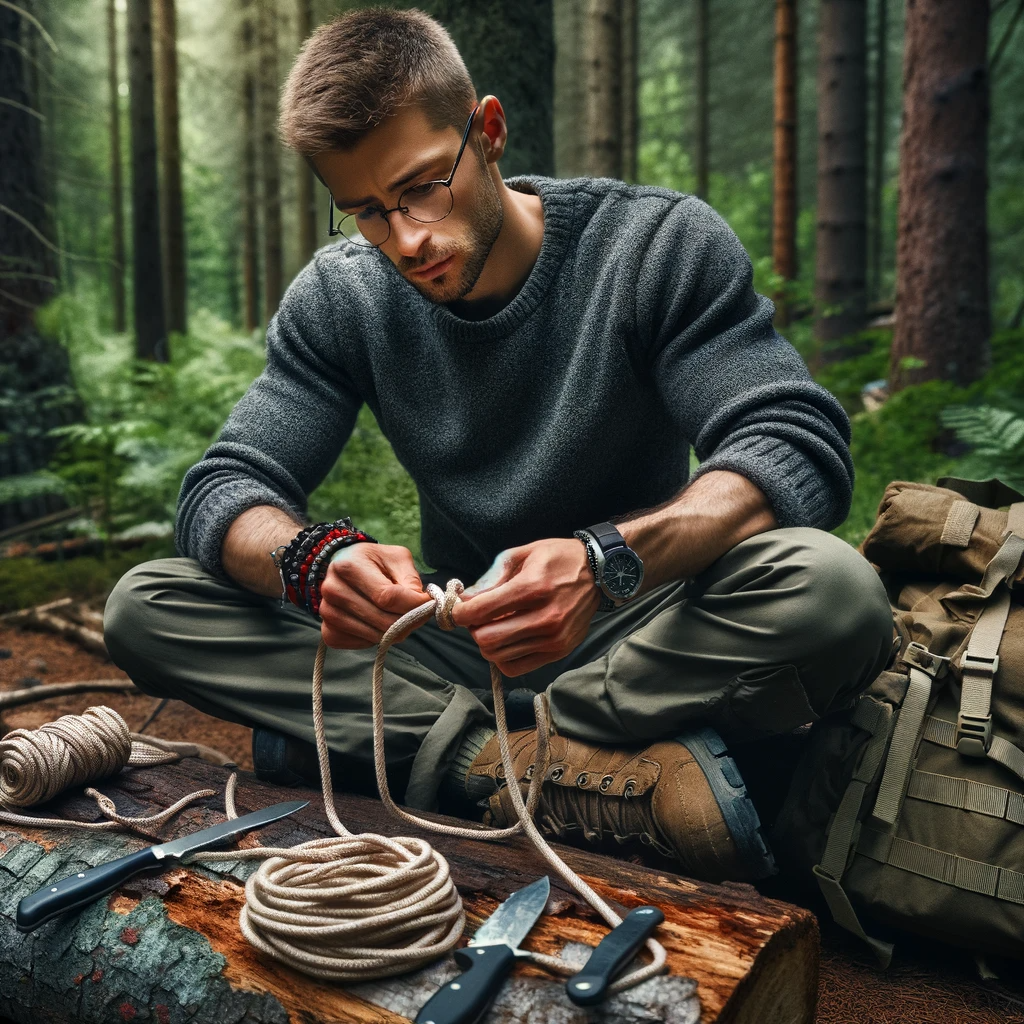
Knot Tying and Use
Knot tying is a versatile skill with countless applications in survival scenarios.
Advanced First Aid
Beyond basic first aid, advanced knowledge can handle more severe injuries and health issues.
Conclusion: Integrating Skills for Survival
Survival skills are interconnected and work best when integrated. Regular practice and continuous learning are key to being well-prepared for any emergency.
FAQs
- What is the most important survival skill? The most important skill is mental preparedness – the ability to stay calm and make decisions under pressure.
- How often should one practice survival skills? Regular practice, especially in different environments, is essential to maintain and improve these skills.
- Can survival skills be useful in everyday life? Absolutely. Skills like first aid, stress management, and situational awareness are beneficial daily.
- How crucial is physical fitness in survival? Physical fitness can be the difference between life and death in physically demanding survival situations.
- Are survival skills only for extreme adventurers? No, everyone can benefit from learning basic survival skills. Emergencies can happen to anyone, anywhere.
